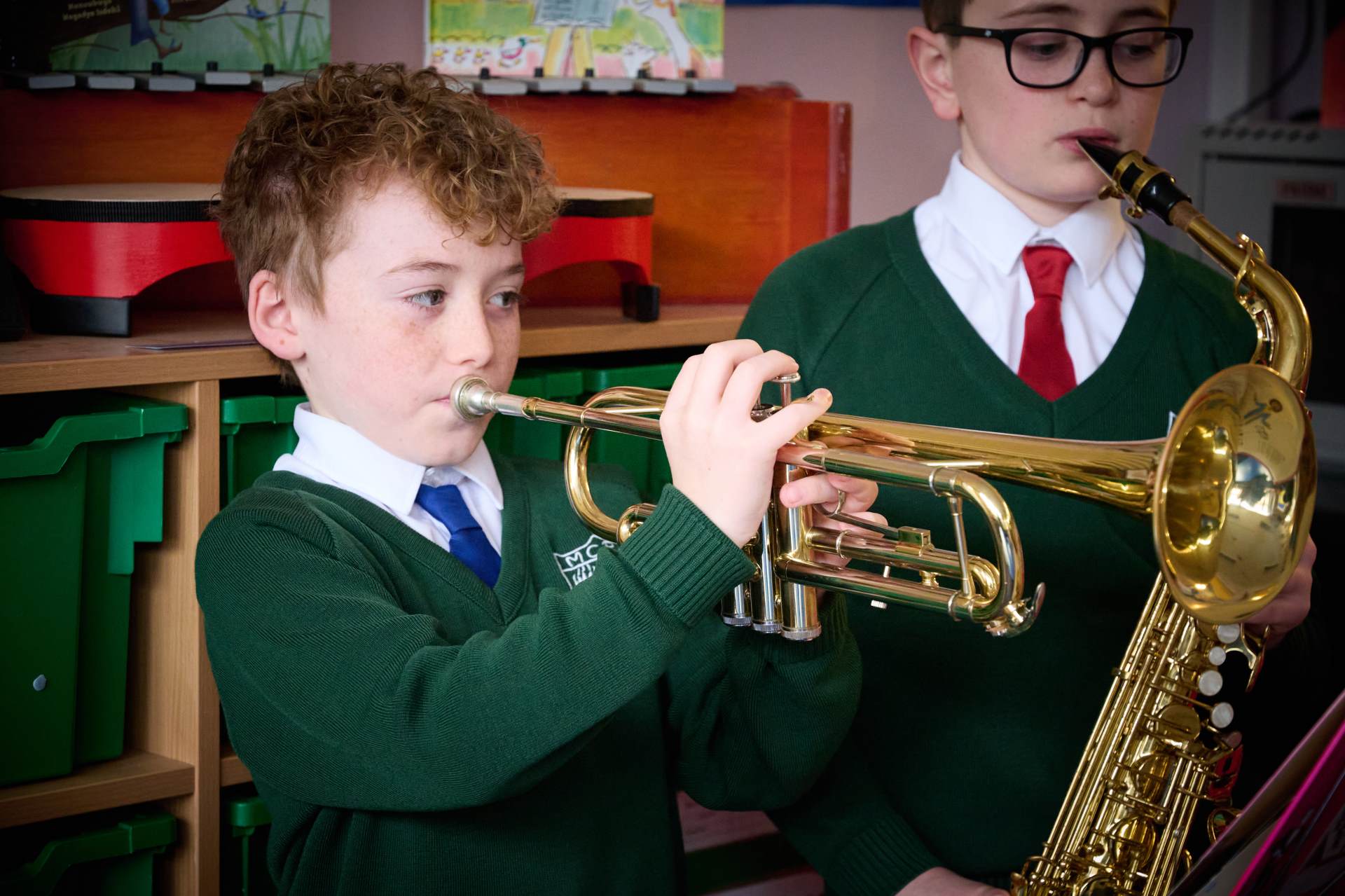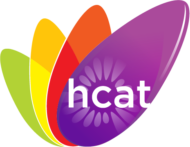Music

Our Core Values
At Malton Primary Academy, we aim to develop a love of music in our pupils both in respect to its appreciation and its creation. We want music to be an enjoyable learning experience. We encourage children to participate in a variety of musical experiences, through which we aim to build up the confidence of all children. Being a school which specialises in student wellbeing and their emotional and mental health, we want our pupils to explore music so they can learn to understand and express difficult emotions in healthy ways.
Our school is located in a semi-rural market town, which offers little opportunity to experience live musical and cultural experiences; therefore, it is important that we offer children opportunities to connect with the wider community and British culture by involving them in music in a variety of different contexts.
Implementation
All pupils at Malton Community Primary School complete a weekly music lesson. In EYFS, they have singing and instrument sessions on the carpet, which can last up to 20 minutes. This is then consolidated in our Provision Area. In Key Stage 1, these lessons usually last between 30-45 mins. In Key Stage 2, they can last up to an hour.
To ensure that teachers have sufficient subject knowledge, our school predominantly uses the Charanga Music scheme. Within this scheme, children are taught through a spiral curriculum, in which musical genres and skills are frequently revisited so that learning can be embedded and knowledge can be built upon. In every lesson, children have the opportunity to listen and appraise outstanding music, where they are encouraged to use their prior knowledge and understanding of musical dimensions to compare and analyse songs across all genres. In addition, children will learn important techniques in singing and rapping, through a variety of song and music types (hymns, songs, raps, rhymes etc.). Through this, the children will also learn about the structure and organisation of music.
Pupils will also learn about the importance of improvising and composing through instrument playing (glockenspiels and recorders). This instrument playing is then developed by the North Yorkshire Music Hub, who host whole-class Music sessions in Year 4 and in Year 6, in which they gain expert tuition on how to play brass and woodwind instruments.
Our teaching also focuses on the effect the musical genre has on the social context of its time. By exploring influential artists, styles and musical contexts (including the theatre, video games and film scores), children are given the opportunity to investigate the impact music has across all areas of life. It is important to note that the study of music also covers the social, political, historical and cultural context of a generation and our children are explicitly taught this in school. We believe it is important for our children to comprehend and articulate the impression music has made on mankind’s political struggles, social dynamics and emotional expression, in order to broaden their horizons and consider their own history as well as the past struggles of others.
In addition to the planned curriculum, additional opportunities are provided for those who have a particular interest within the subject through after-school clubs (including Young Voices and Rocksteady) and the opportunity to learn an instrument outside of school. Children are encouraged from a young age to take up a musical instrument through whole-school assemblies and within the music lesson and our close relationship with the North Yorkshire Music Hub. This is also done with community involvement in mind, through our school productions and assemblies.
Assessment
Whilst in school, children have access to a varied program which allows them to discover areas of strength, as well as areas they might like to improve upon. The integral nature of music and the learner creates an enormously rich palette from which a child may access fundamental abilities such as: creativity, resilience, adaptability, communication and reflection.
Performances are used to track the development and knowledge of our pupil’s musical ability through video and photographic evidence, in order to assess the level of ability being developed. Knowledge is then assessed through Music Quizzes at the end of each unit. Learning is mainly recorded using Floor Books across school. These key assessment points will be reviewed within this academic year as the school moves towards focusing upon key instruments.
Further Information




